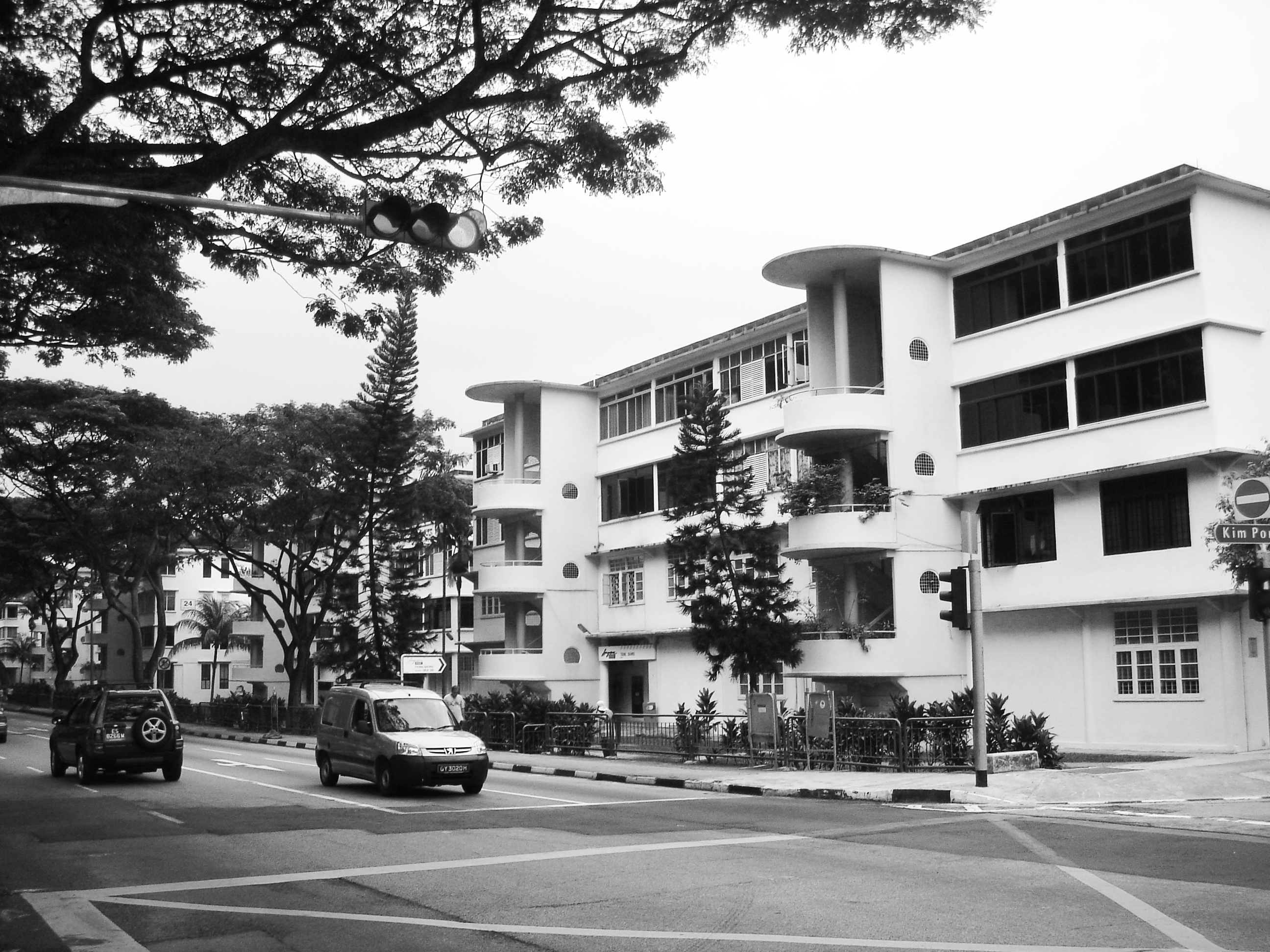EMERGENCITIES: Experts, Squatters and Crisis in Post-war Southeast Asia

Please join us for the latest seminar in the ‘Global Cities in World Literature’ series, where we are joined by historian Dr. Loh Kah Seng.
‘Emergency cities’, or ‘emergencities’, formed a major part of the global urban planning imagination and policy after World War Two. In this time, both policymakers (colonial and nationalist alike) and the international planning experts who advised them viewed the growing squatter settlements of tropical cities as sites of a dangerous social crisis for the urban dweller, the city and the future nation-state. In their views, only a comprehensive, state-led and expertise-driven programme of urban redevelopment could save these cities. In particular, the experts proposeda system of master-planned development, exemplified by organised neighbourhoods, estates and new towns of concrete housing, and housing what was hoped to be model citizen-workers. This paper traces the work of a United Nations Mission of Experts on tropical housing, led by US planner Jacob Crane, which descended with such ideas upon multiple cities in Southeast and South Asia, including Singapore, in 1950. It considers the responses, both intended and otherwise, of local politicians and communities in the aftermath of the mission.
ABOUT THE SPEAKER
Loh Kah Seng is a historian of Singapore and an Honorary Research Fellow at the University of Western Australia. He is the author of Squatters into Citizens: The 1961 Bukit Ho Swee Fire and the Making of Modern Singapore (2013) and Tuberculosis – The Singapore Experience, 1867-2018: Disease, Society and the State (with Hsu Li Yang, forthcoming). Loh also runs a research consultancy on the rich and varied heritages of Singapore – housing, industrial, medical, and culinary.
